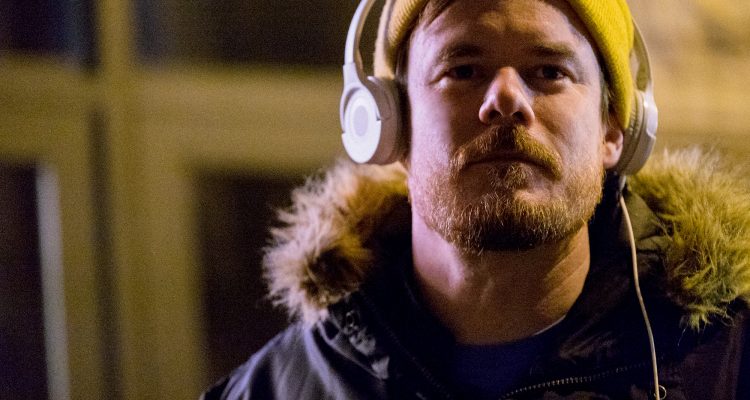The rise of streaming hasn’t just been a game-changer for audiences, but for filmmakers, as outlets like Netflix and Amazon that reside outside the Hollywood system have provided a new avenue to get their movies made. However, this has led to an ongoing conversation about what it means for the landscape as we’ve known it for decades where, at least in the indie realm, films premiere at festivals, get acquired, open in limited release, and then hopefully find an audience. It’s a rite of passage that many still cling to, but for those who spent time and money just trying to get people see their movies, the option of having Netflix get your project out there globally is hard to resist.
The Ringer‘s somewhat alarmingly titled “The End Of Independent Film As We Know It” takes a fascinating overview of the relationship between streaming sites and non-Hollywood movies and moviemakers. And most intriguing is hearing how filmmakers are adapting to the new rules set by Netflix, and more importantly, seeing the advantage it has given them in finding viewers for their work. Longtime indie filmmaker Joe Swanberg, in particular, appreciates how Netflix can get his work to audiences who previously wouldn’t have had access.
“After making [the Netflix series] ‘Easy,’ where the show goes up on the same day to 170 countries all around the world, Netflix called me and they were like, ‘It did really well in America. It also did really well in France and Germany,’ ” he explained. “I was like, ‘Wow, I’ve been trying for a decade to break into [those countries]. I knew they would like my stuff. It’s just that they never had a chance to see it because a French distributor and a German distributor is like, ‘I’m not about to lose $300,000 trying to turn French people on to mumblecore movies. I got better things to do with my time.’ “
“It’s interesting to me that it wasn’t about the work necessarily,” Swanberg added. “It was about the accessibility of the work. And the truth is, I don’t have any grudge against that French distributor or German distributor. I wouldn’t even put my movies out in those countries. It’s a losing proposition. But with the Netflix access, those people finally had a chance to see my work and they were like, ‘We like it!’ Now we get to go back to them and say, ‘Check this one out.’ ”
Ease of access is perhaps one of the most undervalued assets Netflix brings to the table. In the old system, a filmmaker might wait a year or more after their films do the festival circuit, before they open in cinemas. That’s a long time to hope you can sustain audience interest and festival buzz, a fact not lost on Macon Blair, co-writer of “Blue Ruin,” who made his directorial debut with Sundance winner “I Don’t Feel At Home In This World Anymore,” which was picked up by Netflix before the fest.
“When we took this one to Sundance this year, its distribution was already all stitched up. It had been from the beginning,” he explained. “It was kind of relaxing because there was nothing to worry about. Obviously you hope people are going to enjoy it and the audience is going to like it and it’s gonna get reviewed nicely, but at the very least, we didn’t have to worry about who was gonna buy it, because it was already a done deal.”
“With ‘Blue Ruin’…we took pretty much a full year of traveling to different festivals to promote it before it came out,” Blair added. “And in this case, it was like almost less than a month. A much faster turnaround.”
The whole piece at The Ringer is worth a read, but it’s a reminder that while cinephile devotees might wring their hands about the changing state of the industry, for many filmmakers, the opportunities for their career are hard to resist.

